September 13 stands as one of history’s most eventful days, witnessing the rise and fall of empires, groundbreaking discoveries, and moments that shaped our modern world across centuries of human achievement.
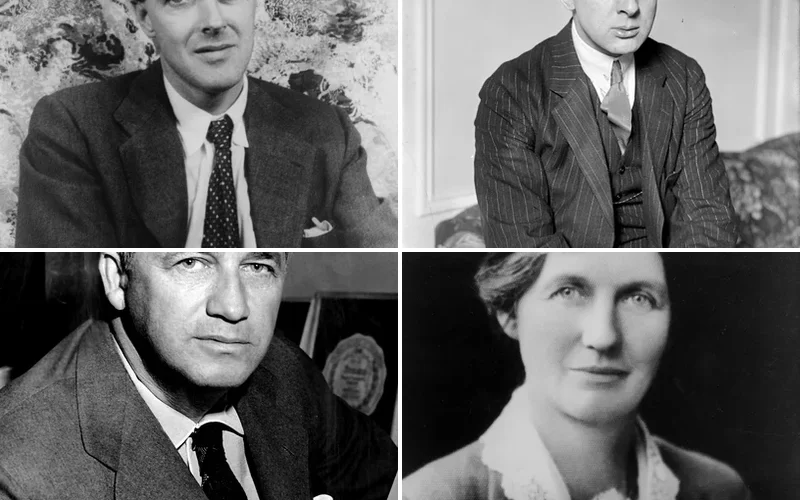
Politics and Government Events on September 13
1923 – Military Coup Establishes Spanish Dictatorship

Miguel Primo de Rivera seized power in Spain following a military coup, establishing a dictatorship that would reshape the nation. The bloodless takeover ended parliamentary democracy and concentrated authority in military hands.
Rivera’s regime promised order and stability but suppressed political freedoms and civil liberties. His authoritarian rule lasted until 1930 and foreshadowed the turbulent political upheavals that would plague Spain throughout the 20th century.
1933 – First Woman Elected to New Zealand Parliament
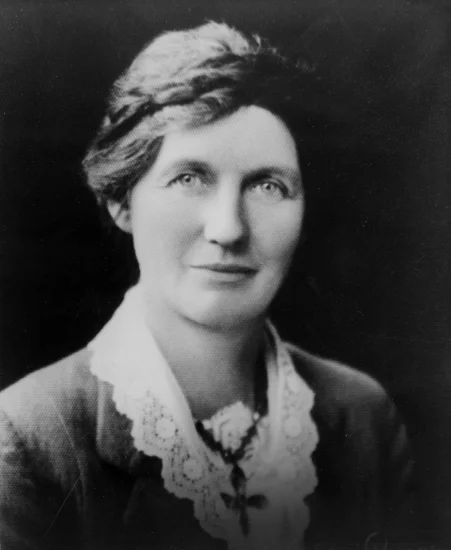
Elizabeth McCombs shattered political barriers by becoming the first woman elected to the New Zealand Parliament. Her historic victory opened doors for female political participation in the South Pacific nation.
McCombs represented the Labour Party and championed women’s rights throughout her brief but impactful tenure. Her election marked a pivotal moment in New Zealand’s democratic evolution and gender equality progress.
1948 – Margaret Chase Smith Breaks Senate Barriers

Margaret Chase Smith achieved unprecedented political distinction by becoming the first woman to serve in both the U.S. House of Representatives and Senate. Her election to the Senate marked a historic milestone in American women’s political representation.
Smith’s dual congressional service demonstrated women’s growing influence in national politics. Her principled leadership and bipartisan approach earned respect across party lines and inspired future generations of female politicians.
1953 – Khrushchev Assumes Soviet Leadership
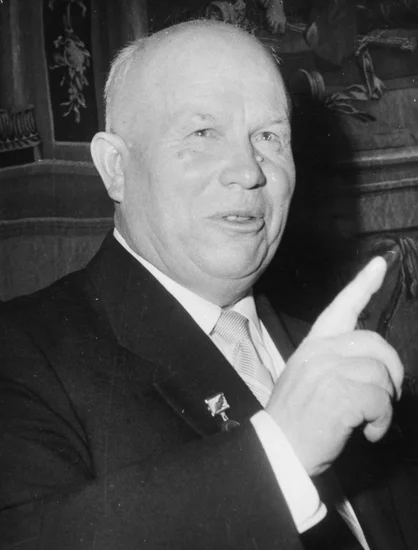
Nikita Khrushchev was appointed General Secretary of the Communist Party of the Soviet Union, beginning a new era of Soviet leadership. His rise to power followed Stalin’s death and marked a significant shift in Cold War dynamics.
Khrushchev’s leadership would bring de-Stalinization policies and nuclear brinksmanship with the West. His tenure fundamentally altered Soviet domestic policies and international relations for decades to come.
1968 – Albania Breaks from Warsaw Pact
Albania dramatically withdrew from the Warsaw Pact alliance, marking a bold defection from Soviet-dominated Eastern Europe. This unprecedented move demonstrated Albania’s commitment to independent communist governance under Enver Hoxha.
The withdrawal isolated Albania from both NATO and Warsaw Pact nations, creating Europe’s most reclusive state. Albania’s departure weakened Soviet influence in the Balkans and highlighted growing tensions within the communist bloc.
1993 – Oslo Accords Signed at White House

Israeli Prime Minister Yitzhak Rabin and Palestine Liberation Organization chairman Yasser Arafat shook hands at the White House after signing the Oslo Accords. This historic agreement granted limited Palestinian autonomy and raised hopes for Middle East peace.
The ceremony marked the first formal recognition between Israeli and Palestinian leaders. Despite subsequent challenges, the accords represented a watershed moment in the decades-long Israeli-Palestinian conflict.
2007 – UN Adopts Indigenous Rights Declaration
The United Nations General Assembly adopted the Declaration on the Rights of Indigenous Peoples, establishing comprehensive international standards for indigenous rights. This landmark document recognized indigenous peoples’ rights to self-determination and cultural preservation.
The declaration addressed centuries of discrimination and marginalization faced by indigenous communities worldwide. Its adoption represented a significant victory for indigenous rights advocates and established crucial legal foundations for future protections.
Military and Naval History on September 13
1942 – Battle of Edson’s Ridge Intensifies
U.S. Marines successfully repelled Japanese attacks on the second day of the Battle of Edson’s Ridge during the Guadalcanal Campaign. The fierce fighting resulted in heavy Japanese casualties and secured American positions on the strategic Pacific island.
The battle demonstrated American resolve and tactical superiority in jungle warfare conditions. This decisive victory helped establish American dominance in the Solomon Islands and marked a turning point in Pacific theater operations.
1944 – Greek Resistance Forces Clash
The Battle of Meligalas commenced between Greek People’s Liberation Army forces and collaborationist security battalions. This internal conflict highlighted the complex political dynamics within wartime Greece beyond the primary Axis occupation.
The battle reflected broader tensions between communist resistance groups and pro-government forces. These internal divisions would later contribute to the Greek Civil War that erupted after German withdrawal.
1971 – Lin Biao’s Failed Coup Attempt

Marshal Lin Biao, Chairman Mao’s designated successor, fled China after his alleged coup attempt failed catastrophically. His plane crashed in Mongolia while attempting to escape, killing all passengers and crew aboard.
This dramatic incident eliminated Mao’s chosen heir and triggered massive political upheaval within China’s leadership. The Lin Biao affair fundamentally altered Chinese Communist Party dynamics and succession planning.
1971 – Attica Prison Uprising Ends Violently
State police and National Guardsmen stormed New York’s Attica Prison to end a four-day prisoner revolt. The brutal assault claimed 43 lives and exposed harsh conditions within America’s correctional system.
The uprising began over demands for better living conditions and prisoner rights. The violent conclusion sparked national debates about prison reform and highlighted systemic issues within American criminal justice.
Science and Discovery Milestones on September 13
1906 – First European Fixed-Wing Flight
The Santos-Dumont 14-bis made aviation history with the first flight of a fixed-wing aircraft in Europe. Brazilian inventor Alberto Santos-Dumont achieved this milestone in Paris, demonstrating powered flight to European audiences.
This achievement paralleled the Wright brothers’ earlier American success and established Europe as a center for aviation development. Santos-Dumont’s flight inspired European aviation pioneers and accelerated aircraft technology advancement.
1956 – IBM Introduces Revolutionary Computer Storage
IBM unveiled the 305 RAMAC, the first commercial computer to utilize disk storage technology. This breakthrough innovation revolutionized data storage and retrieval, laying foundations for modern computing systems.
The RAMAC’s rotating disk mechanism provided unprecedented storage capacity and access speed compared to existing tape systems. This technological leap accelerated computer adoption across business and scientific applications.
1987 – Goiânia Radiological Disaster Begins

A radioactive cesium-137 source was stolen from an abandoned hospital in Goiânia, Brazil, triggering one of the world’s worst radiological accidents. The theft led to widespread contamination affecting hundreds of people in subsequent weeks.
Several victims died from radiation poisoning as the radioactive material spread through the community. This tragedy highlighted the dangers of improperly secured radioactive materials and led to improved safety protocols worldwide.
1988 – Hurricane Gilbert Sets Records
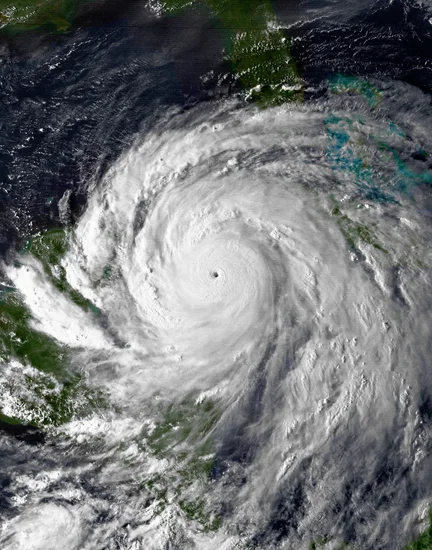
Hurricane Gilbert achieved the strongest recorded barometric pressure in the Western Hemisphere, establishing it as the most intense hurricane until Hurricane Wilma in 2005. The massive storm demonstrated nature’s devastating power across the Caribbean.
Gilbert’s unprecedented strength prompted improvements in hurricane forecasting and emergency preparedness. The storm’s impact led to enhanced understanding of tropical cyclone dynamics and climate patterns.
Cultural and Arts Events on September 13
1985 – Super Mario Bros. Launches in Japan

Nintendo released Super Mario Bros. for the Nintendo Entertainment System in Japan, launching one of gaming’s most iconic franchises. The platforming game revolutionized video game design and established enduring gameplay mechanics.
Super Mario Bros. transformed Nintendo from a card company into a global entertainment powerhouse. The game’s success revitalized the video game industry after the 1983 crash and created lasting cultural phenomena.
1964 – Martin Luther King Jr. Addresses West Berlin
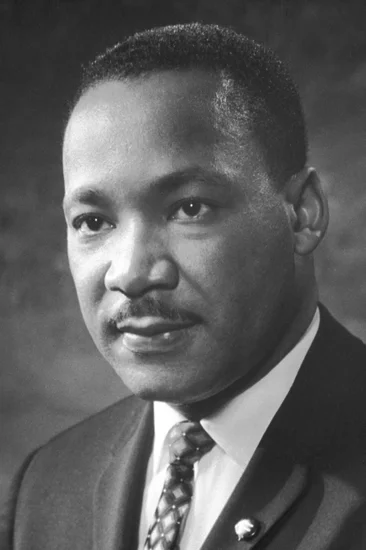
Martin Luther King Jr. delivered a powerful speech to 20,000 West Berliners at the Waldbühne amphitheater. His message of civil rights and human dignity resonated across Cold War divisions and international boundaries.
The address demonstrated the global reach of America’s civil rights movement and its universal appeal. King’s words inspired international human rights advocates and highlighted connections between freedom struggles worldwide.
1997 – McLaren F1 Team Faces Unprecedented Penalty
The McLaren Formula 1 team was found guilty of possessing confidential Ferrari information, resulting in a $100 million fine and exclusion from constructor standings. This scandal rocked the prestigious racing world and highlighted industrial espionage concerns.
The penalty represented the largest fine in Formula 1 history and established precedents for intellectual property protection. The controversy damaged McLaren’s reputation and intensified rivalry between competing teams.
Religious and Social Events on September 13
1962 – University of Mississippi Ordered to Integrate

An appeals court ordered the University of Mississippi to admit James Meredith, the first African-American student at the segregated institution. This landmark decision challenged entrenched racial barriers in higher education.
The ruling sparked violent resistance from segregationists and required federal intervention to enforce. Meredith’s enrollment marked a crucial victory for civil rights and educational equality in the Deep South.
1989 – Largest Anti-Apartheid March in South Africa
Archbishop Desmond Tutu led the largest anti-apartheid march in South African history, demonstrating growing opposition to racial segregation. The peaceful protest showcased international solidarity against the apartheid system.
The march pressured the South African government to consider democratic reforms and release political prisoners. This massive demonstration contributed to the eventual dismantling of apartheid and transition to democratic governance.
1922 – Great Fire of Smyrna Begins
The Great Fire of Smyrna commenced as the final act of the Greco-Turkish War, devastating the cosmopolitan city. The conflagration destroyed Greek and Armenian quarters while marking the end of Greek presence in Asia Minor.
The fire displaced hundreds of thousands of refugees and eliminated centuries of multicultural heritage. This tragedy symbolized the violent population exchanges that reshaped the Eastern Mediterranean after World War I.
Business and Economic Events on September 13
1956 – Dutch Engineering Marvel Completed
The dike around the Dutch polder East Flevoland was successfully closed, completing a massive land reclamation project. This engineering achievement demonstrated Dutch expertise in water management and coastal protection.
The project added significant agricultural land to the Netherlands while showcasing innovative hydraulic engineering. The success inspired similar land reclamation projects worldwide and reinforced Dutch leadership in water management technology.
1948 – Operation Polo Integrates Hyderabad
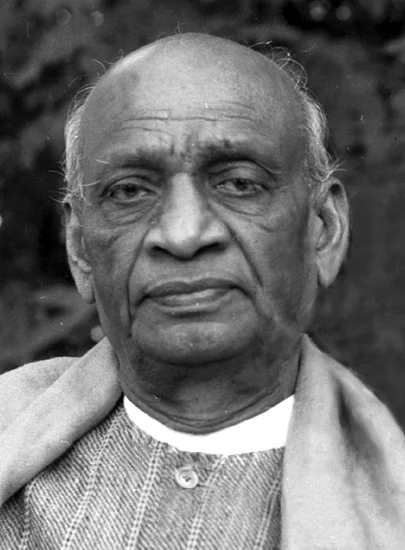
Deputy Prime Minister Vallabhbhai Patel ordered the Indian Army to move into Hyderabad to integrate the princely state with the Indian Union. This decisive action resolved the largest remaining territorial dispute following Indian independence.
The operation successfully incorporated Hyderabad’s vast territory and population into India. Patel’s firm leadership prevented potential balkanization and ensured India’s territorial integrity during the critical post-independence period.
1979 – South Africa Grants Venda Independence
South Africa granted independence to the “homeland” of Venda, though no other nations recognized this sovereignty. The action represented apartheid’s strategy of creating separate black states while maintaining white minority rule.
The unrecognized independence highlighted the international isolation of South Africa’s apartheid policies. Venda’s nominal sovereignty fooled no one and demonstrated the system’s inherent contradictions and moral bankruptcy.
Transportation and Infrastructure on September 13
2001 – U.S. Airspace Reopens After 9/11
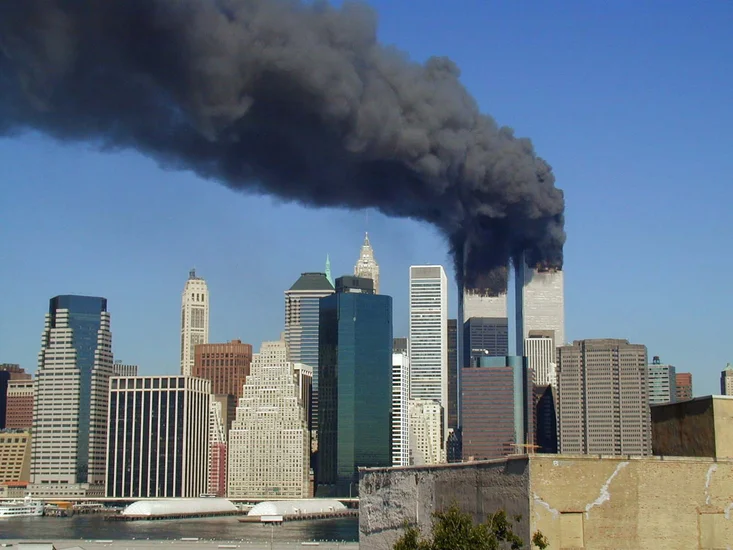
Civilian aircraft traffic resumed in the United States after the September 11 attacks, marking a cautious return to normalcy. The reopening followed intensive security reviews and new aviation safety protocols.
The resumption of flights represented America’s determination to restore normal operations despite terrorist threats. Enhanced security measures implemented during this period fundamentally transformed air travel experiences for decades.
1982 – Spantax Flight 995 Crashes in Málaga
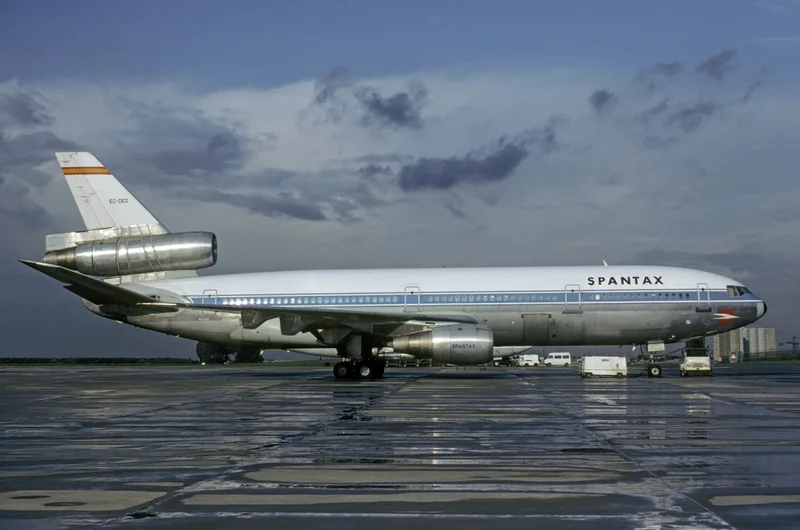
Spantax Flight 995 crashed at Málaga Airport during a rejected takeoff, killing 50 of the 394 people aboard. The accident highlighted critical safety issues with rejected takeoff procedures and airport emergency response.
The crash prompted investigations into aircraft performance during aborted takeoffs and runway safety protocols. Lessons learned from this tragedy improved aviation safety standards and emergency procedures worldwide.
1997 – Mid-Air Collision Over Namibia
A German Air Force Tupolev Tu-154 and a U.S. Air Force Lockheed C-141 Starlifter collided in mid-air near Namibia, killing all 33 people aboard both aircraft. This tragic accident highlighted air traffic control challenges in remote regions.
The collision prompted reviews of international flight coordination and communication protocols. The accident emphasized the importance of improved radar coverage and air traffic management in developing regions.
Sports and Recreation on September 13
1986 – Devastating Earthquake Strikes Kalamata
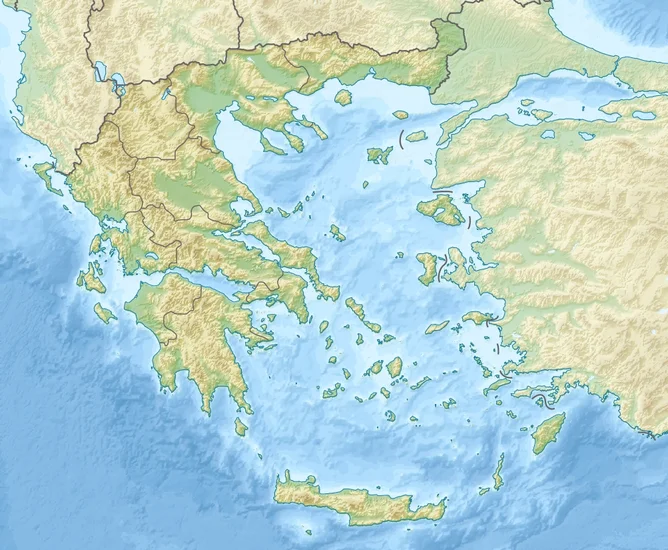
A magnitude 6.0 earthquake struck Kalamata, Greece, with maximum intensity reaching X on the Modified Mercalli scale. The powerful tremor killed at least 20 people and caused extensive damage throughout the historic city.
The earthquake tested Greece’s emergency response capabilities and highlighted seismic risks in the Mediterranean region. The disaster prompted improvements in building codes and earthquake preparedness across seismically active areas.
2008 – Terror Attacks Rock Delhi
Delhi, India, was hit by a coordinated series of bomb blasts, resulting in 30 deaths and 130 injuries. The terrorist attacks targeted crowded public areas and demonstrated the ongoing security challenges facing major Indian cities.
The bombings heightened security concerns and prompted enhanced counterterrorism measures across India. The attacks underscored the persistent threat of domestic and international terrorism in the region.
2013 – Taliban Attacks U.S. Consulate in Herat
Taliban insurgents launched a coordinated attack on the United States consulate in Herat, Afghanistan. The assault killed two Afghan National Police officers and injured approximately 20 civilians during the prolonged firefight.
The attack demonstrated Taliban capabilities to strike high-profile targets despite international military presence. The incident highlighted ongoing security challenges and the complex nature of the Afghan conflict.
Notable Births on September 13
1914 – Roald Dahl, British Literary Legend

British novelist, poet, and screenwriter Roald Dahl entered the world in Wales, destined to become one of children’s literature’s most beloved authors. His imaginative storytelling would captivate generations of young readers worldwide.
Dahl’s works including “Charlie and the Chocolate Factory” and “The BFG” established him as a master of whimsical yet darkly humorous tales. His unique narrative style and memorable characters continue to inspire adaptations and new generations of readers.
1916 – Maurice Jarre, Cinematic Composer
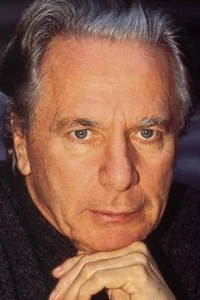
French composer and conductor Maurice Jarre was born, later becoming one of cinema’s most celebrated musical storytellers. His orchestral scores would define the sound of epic filmmaking for decades.
Jarre’s compositions for films like “Lawrence of Arabia” and “Doctor Zhivago” earned him multiple Academy Awards. His sweeping, romantic musical themes became synonymous with grand cinematic storytelling and emotional depth.
1928 – Mel Tormé, Jazz Vocal Virtuoso

American singer-songwriter and actor Mel Tormé was born, earning the nickname “The Velvet Fog” for his smooth, distinctive vocal style. His jazz interpretations and songwriting skills revolutionized popular music performance.
Tormé’s sophisticated approach to jazz standards and his skill as a drummer and pianist made him a complete musical artist. His influence on jazz vocalists and American popular music extended far beyond his performing career.
1940 – Óscar Arias, Nobel Peace Prize Winner
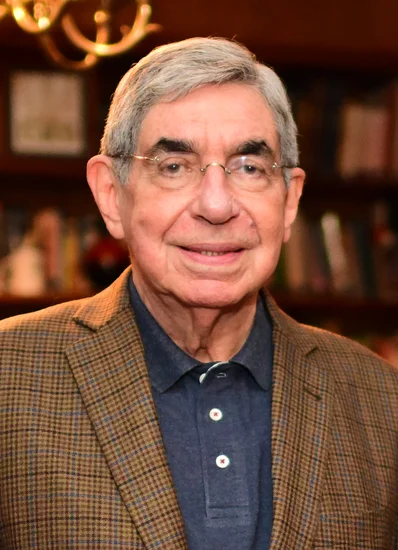
Costa Rican politician Óscar Arias was born, later becoming President of Costa Rica and Nobel Peace Prize laureate. His diplomatic efforts brought peace to Central America during turbulent times.
Arias’s work to end civil wars in Nicaragua, El Salvador, and Guatemala demonstrated Costa Rica’s commitment to peaceful conflict resolution. His Esquipulas Peace Agreement became a model for regional diplomatic cooperation.
1958 – Swizz Beatz, Hip-Hop Producer

American rapper and producer Swizz Beatz was born, becoming one of hip-hop’s most influential behind-the-scenes figures. His innovative production techniques shaped the sound of modern rap and R&B music.
Swizz Beatz’s collaborations with artists like Jay-Z, Alicia Keys, and DMX established him as a hitmaker. His distinctive production style and business acumen made him a powerful force in contemporary music industry.
1969 – Tyler Perry, Entertainment Mogul

American actor, director, producer, and screenwriter Tyler Perry was born, later building a multimedia entertainment empire. His rise from poverty to Hollywood success embodies the American dream and African-American achievement.
Perry’s Madea character and film franchise brought African-American stories to mainstream audiences. His Tyler Perry Studios became a symbol of Black ownership and creative control in entertainment industry.
1971 – Stella McCartney, Fashion Designer

English fashion designer Stella McCartney was born, daughter of Beatles legend Paul McCartney. Her commitment to sustainable fashion and cruelty-free design principles revolutionized luxury fashion industry.
McCartney’s designs combine high fashion with ethical practices, refusing to use leather or fur in her collections. Her success proved that sustainable fashion could be both commercially successful and artistically innovative.
1989 – Thomas Müller, German Football Star

German footballer Thomas Müller was born, becoming one of international football’s most successful players. His versatility and goal-scoring ability made him a cornerstone of German national team success.
Müller’s World Cup victories and Champions League triumphs with Bayern Munich established him among football’s elite. His unique playing style and tactical intelligence redefined modern attacking football positions.
Notable Deaths on September 13
1996 – Tupac Shakur, Rap Legend
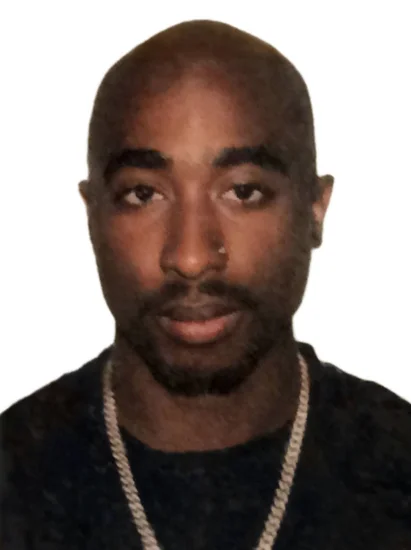
American rapper, producer, and actor Tupac Shakur died from gunshot wounds sustained in a Las Vegas shooting six days earlier. His death at age 25 shocked the hip-hop world and ended one of rap’s most influential careers.
Shakur’s powerful lyrics addressed social issues, poverty, and racial inequality with unprecedented honesty. His posthumous releases and cultural impact demonstrated hip-hop’s potential for serious artistic and social commentary.
1928 – Italo Svevo, Italian Literary Master
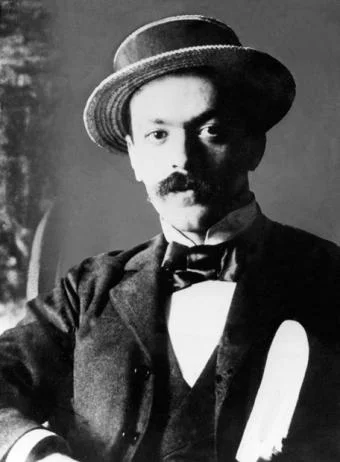
Italian author and playwright Italo Svevo died in a car accident, ending a career that bridged 19th and 20th-century literature. His psychological novels explored themes of identity and consciousness with remarkable depth.
Svevo’s works like “Zeno’s Conscience” influenced modernist literature and psychoanalytic narrative techniques. His exploration of character psychology and stream-of-consciousness writing influenced numerous later authors.
1971 – Lin Biao, Chinese Military Leader
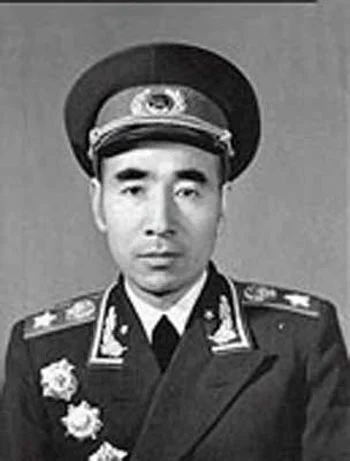
Chinese general and politician Lin Biao died in a plane crash over Mongolia while fleeing China after a failed coup attempt. His death eliminated Mao Zedong’s designated successor and triggered major political upheaval.
Lin Biao’s military genius during the Chinese Civil War made him one of Communist China’s most important figures. His dramatic fall from grace and mysterious death became one of modern China’s most intriguing political mysteries.
1977 – Leopold Stokowski, Legendary Conductor
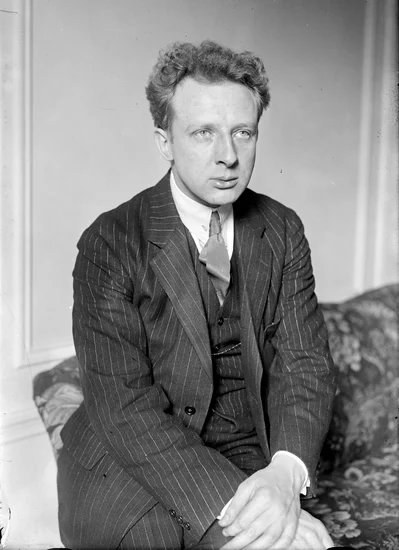
English conductor Leopold Stokowski died at age 95, ending one of classical music’s most colorful and influential careers. His theatrical conducting style and innovative programming brought classical music to broader audiences.
Stokowski’s work with the Philadelphia Orchestra and his film appearances, including Disney’s “Fantasia,” made him classical music’s first media celebrity. His championing of contemporary composers and electronic music demonstrated remarkable artistic vision.
1987 – Mervyn LeRoy, Hollywood Director
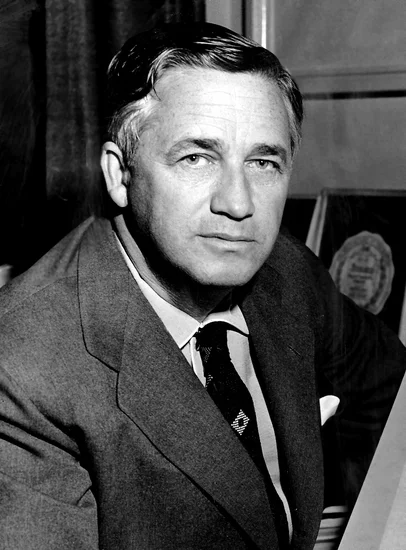
American actor, director, and producer Mervyn LeRoy died, concluding a career that spanned Hollywood’s golden age. His films including “The Wizard of Oz” and “Little Caesar” defined American cinema.
LeRoy’s versatility as a director encompassed gangster films, musicals, and dramas with equal skill. His discovery and development of new talent, including Clark Gable and Lana Turner, shaped Hollywood’s star system.
2022 – Jean-Luc Godard, Cinema Revolutionary

French-Swiss film director, screenwriter, and film critic Jean-Luc Godard died at age 91, ending a career that revolutionized cinema. His innovative techniques and political themes challenged conventional filmmaking approaches.
Godard’s French New Wave films like “Breathless” broke traditional narrative rules and influenced generations of filmmakers. His experimental approach to cinema and radical politics made him one of film history’s most important figures.
Holidays and Observances on September 13
Roald Dahl Day Celebrated Globally

Roald Dahl Day is celebrated across Africa, United Kingdom, and Latin America, honoring the beloved children’s author born on this date in 1916. The observance promotes literacy and celebrates imaginative storytelling worldwide.
Schools and libraries organize reading events, creative writing workshops, and dramatic performances of Dahl’s works. The celebration encourages children to embrace reading and develop their own creative writing abilities.
Día de los Niños Héroes in Mexico
Mexico observes Día de los Niños Héroes (Day of the Child Heroes), commemorating six young Mexican military cadets who died defending Chapultepec Castle during the Mexican-American War. The holiday honors their sacrifice and patriotic courage.
The observance includes ceremonies at Chapultepec Castle and educational programs about Mexican history and national identity. The day emphasizes themes of courage, sacrifice, and dedication to country among young people.
Day of the Programmer in Russia
Russia celebrates Day of the Programmer during non-leap years, recognizing the contributions of software developers and computer programmers to modern society. The holiday acknowledges the growing importance of technology in daily life.
The observance promotes computer literacy and encourages young people to pursue careers in technology. Companies and educational institutions organize events celebrating programming achievements and technological innovation.
